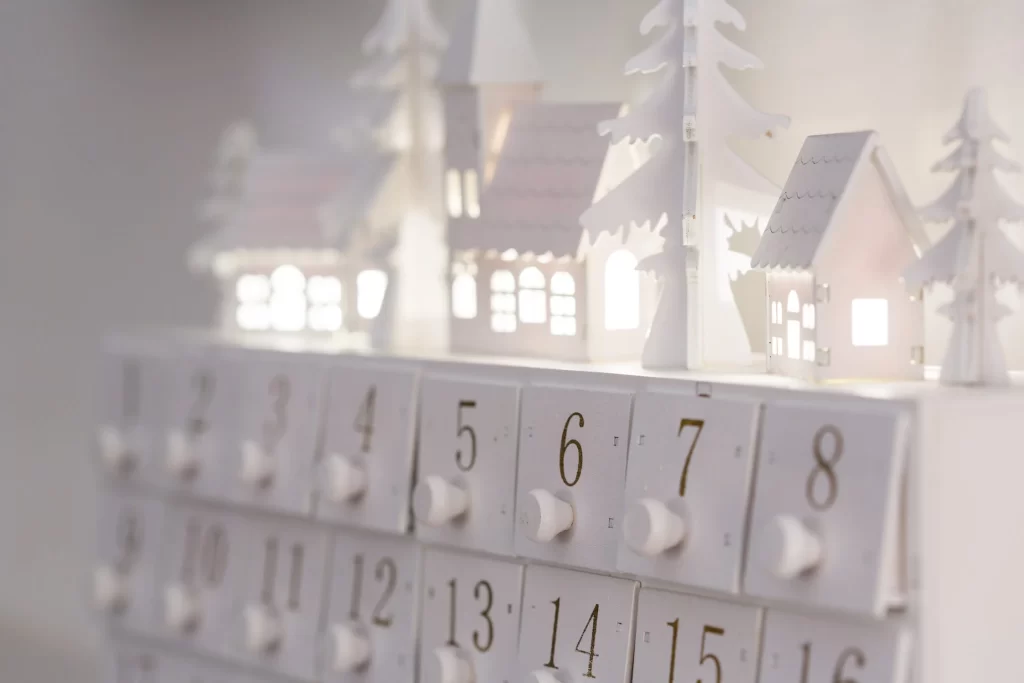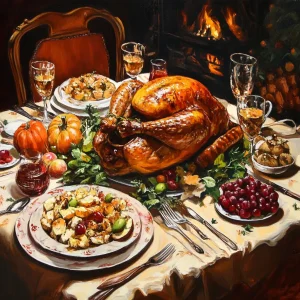History of the Advent Calendar:
The concept of counting down the days until Christmas has its roots in 19th-century Germany. Early Advent calendars were often handmade and featured religious images or Bible verses behind each door. These calendars helped families mark the days of Advent, the period of preparation and anticipation for the celebration of the birth of Jesus Christ.
Religious Significance:
Originally, Advent calendars were closely tied to the Christian tradition. Advent, which means “coming” in Latin, is a season observed by many Christian denominations. It typically begins on the fourth Sunday before Christmas Day. The Advent calendar serves as a visual reminder of the spiritual significance of the season, fostering a sense of anticipation and reflection on the story of the Nativity.
Religions and Advent Calendars:
While Advent calendars are most commonly associated with Christianity, variations exist in other religious traditions. Some Jewish families use a Hanukkah calendar to count the eight nights of Hanukkah, lighting a candle each evening. Similarly, Advent-style countdowns can be found in various forms within other cultural and religious celebrations.
Modern Advent Calendars:
In the modern era, Advent calendars have transcended their religious origins and become a widely embraced secular tradition. The doors now reveal a variety of treats, small toys, or even beauty products, catering to diverse tastes and preferences. Many commercial Advent calendars are available pre-filled with surprises, and there’s a growing trend of DIY calendars, allowing individuals to personalize the experience for their loved ones.
Advent Calendar Evolution:
As technology advances, so does the concept of the Advent calendar. Digital Advent calendars, accessible online or through mobile apps, provide a virtual way to count down the days. These may include interactive games, festive music, or even short stories, offering a new and engaging experience for modern audiences.
Conclusion:
The Advent calendar has evolved from its humble beginnings as a religious countdown tool into a beloved tradition that transcends cultural and religious boundaries. Whether used to deepen spiritual reflection or simply to add a touch of joy and excitement to the holiday season, the Advent calendar remains a cherished part of the Christmas tradition, bringing people together in the spirit of anticipation and celebration.




